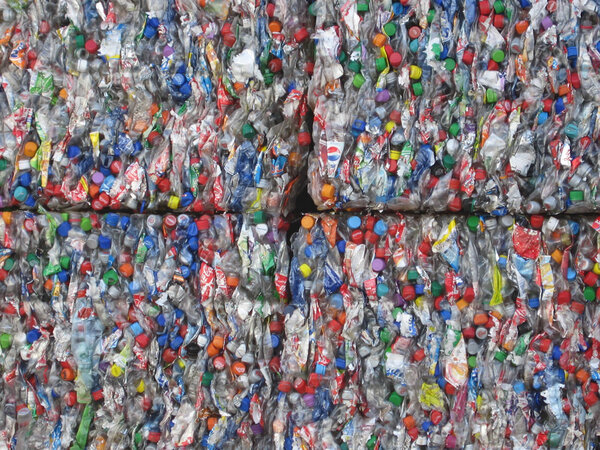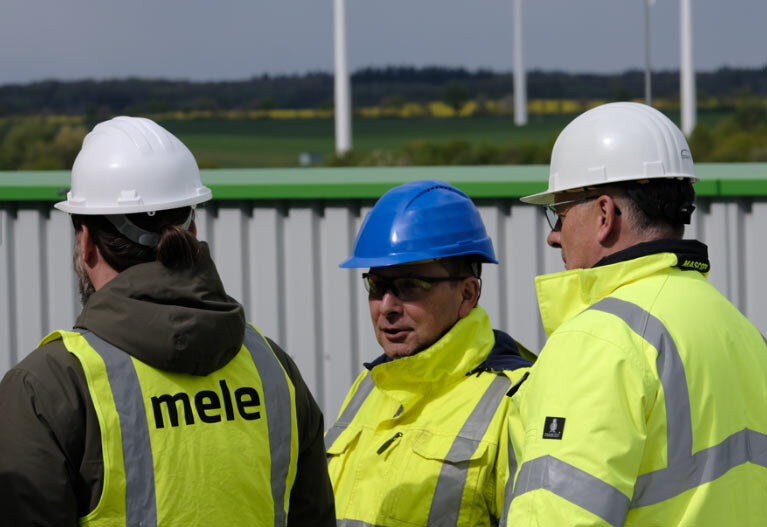Open innovation & innovation clusters
The enviMV network functions as an innovation ecosystem in which various stakeholders network to drive innovation. Innovation clusters are positively related to open innovation. Integration into a network also increases the reach, which has a positive effect on the development of an industrial technology and one's own level of knowledge, for example. The innovative capacity of the various players is greatly increased through networking and the exchange of knowledge.
Innovation cluster waste and recycling (from 2025)
The planned innovation cluster for waste and recycling is dedicated to the development and promotion of pioneering technologies in the field of waste management and the circular economy. A central concern is the research and introduction of modern, increasingly AI-supported processing technologies, especially for the processing of biowaste, green waste and plastics. These technologies play a key role in sorting waste more efficiently, recovering valuable raw materials and minimising the environmental impact at the same time.
In addition to stationary systems, mobile solutions are also used in recycling. These mobile technologies make it possible to separate waste streams ever more precisely and thus increasing the efficiency of recycling processes. Another important innovation being driven forward within the cluster is the detection and recognition of impurities that can hinder the recycling process. Batteries and other unwanted foreign substances are particularly problematic here, as they pose a risk to the systems and can lead to malfunctions. Modern sensor technologies and AI-supported systems offer the possibility of recognising and sorting out these contaminants at an early stage before they enter the recycling process.
These and other topics will be addressed in the Waste and Recycling information cluster in the future.
Innovation cluster energy (from 2025)
The future energy innovation cluster is dedicated to the development of modern solutions for energy generation and distribution, focussing on both conventional power plant operations and producers of renewable energies, in particular biomass. Power plant operators of thermal treatment plants and biomass cogeneration plants are facing a multitude of new challenges today. These relate not only to the further technical development of their plants, but also to increasingly complex legal authorisation requirements. In order to ensure a sustainable and efficient energy supply, innovative technologies must be developed and strict regulatory requirements must be met at the same time.
Power plant operators must increasingly address the question of how electricity and heat can be produced efficiently and sold at competitive prices. The disposal of residual materials resulting from thermal treatment also plays a central role in view of the limited disposal options.




